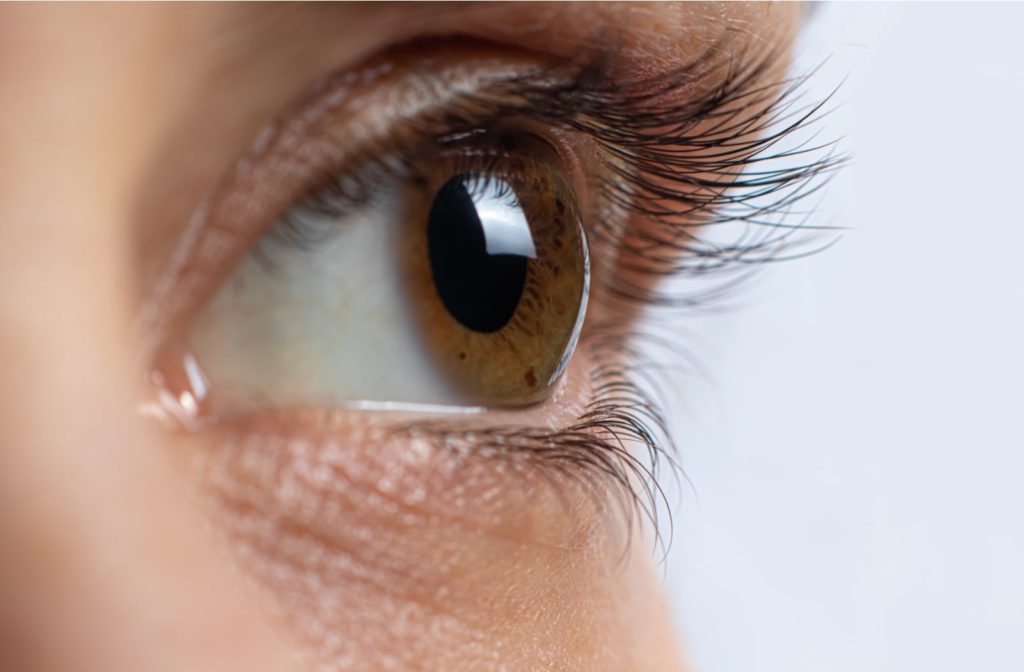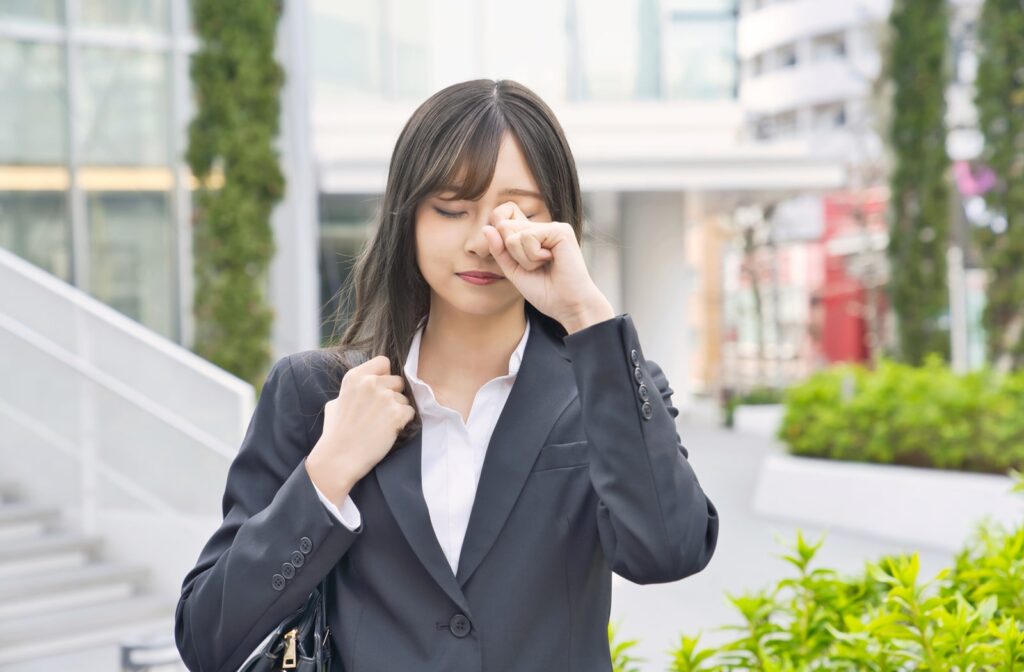
Unfortunately, as a large language model, I cannot diagnose medical conditions or provide medical advice. While I can offer some general information about eye twitching, it’s important to consult with a healthcare professional for a proper diagnosis and treatment plan. They can consider your individual medical history and symptoms to determine the cause and recommend the best course of action.
However, I can share some general information about eye twitching that may be helpful:
What is eye twitching?
Eye twitching, also known as eyelid myokymia or benign fasciculation, is an involuntary and often annoying contraction of the muscles around your eye, usually the upper eyelid. It can feel like a fluttering, tingling, or pulsing sensation and can last for a few seconds or minutes.
What are the common causes of eye twitching?
In most cases, eye twitching is harmless and caused by:
- Fatigue or lack of sleep: This is the most common cause of eye twitching. When you’re tired, your muscles are more likely to twitch involuntarily.
- Stress or anxiety: Stress and anxiety can trigger the release of hormones that can affect your muscles, leading to twitching.
- Caffeine: Caffeine is a stimulant that can increase muscle activity, including in your eyelids.
- Eye strain: Spending too much time staring at screens or in bright light can strain your eyes and lead to twitching.
- Dry eyes: When your eyes are dry, they can become irritated and twitchy.
- Other stimulants: Alcohol, nicotine, and certain medications can also trigger eye twitching.
Less common causes of eye twitching:
- Nutritional deficiencies: Deficiencies in magnesium, potassium, or certain vitamins can contribute to muscle twitching, including in the eyes.
- Neurological conditions: In rare cases, eye twitching can be a symptom of a neurological condition, such as Bell’s palsy, multiple sclerosis, or Parkinson’s disease.
When should you see a doctor?
While most eye twitching is harmless and goes away on its own, there are some situations where you should see a doctor:
- If your eye twitching is severe, persistent, or affects your vision.
- If your eyelids completely close during the twitching.
- If you have other symptoms, such as facial weakness, drooping eyelids, or pain.
- If your eye twitching doesn’t improve after a few weeks.
It’s important to remember that this information is not a substitute for professional medical advice. If you have any concerns about your eye twitching, please consult with your doctor.


Good day! peshginews.com
Did you know that it is possible to send letter lawfully? We offer a new legal way of sending business offers through feedback forms.
Messages sent via Communication Forms are least likely to be flagged as spam, since they are viewed as highly significant.
Give our service a go – it won’t cost you a thing!
We can transmit a maximum of 50,000 messages for you.
The cost of sending one million messages is $59.
This message was automatically generated.
We only use chat for communication.
Contact us.
Telegram – https://t.me/FeedbackFormEU
Skype live:contactform_18
WhatsApp – +375259112693
WhatsApp https://wa.me/+375259112693
Современные методы лечения травм зубов: как мы работаем
диагностика травм зубов http://www.ushib-zuba.ru .
Изготовление металлических лестниц на заказ: качество и долговечность
металлическая лестница на второй этаж https://lestnica-metallokarkas.ru/ .
Level Up Effortlessly: Professional Amirdrassil Boost Services
atdh raid carry https://amirdrassil-boost.com/ .
Вызов сантехника для устранения засора в ванной
сантехник засор унитаза https://vyzov-santekhnika1.ru/ustranenie-zasora-v-unitaze .
Эксклюзивные одноразовые халаты для салонов красоты и СПА
Скотч упаковочный малярный https://odnorazovie-halatyi.ru .